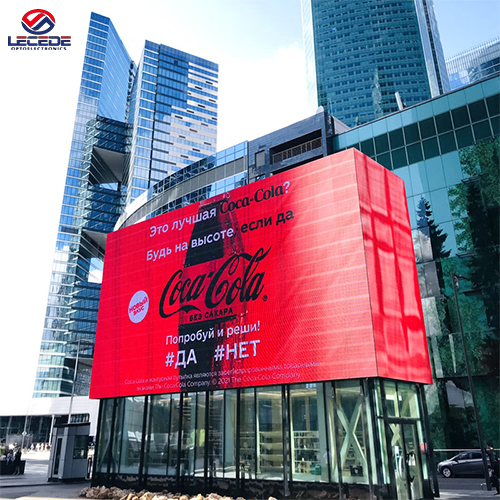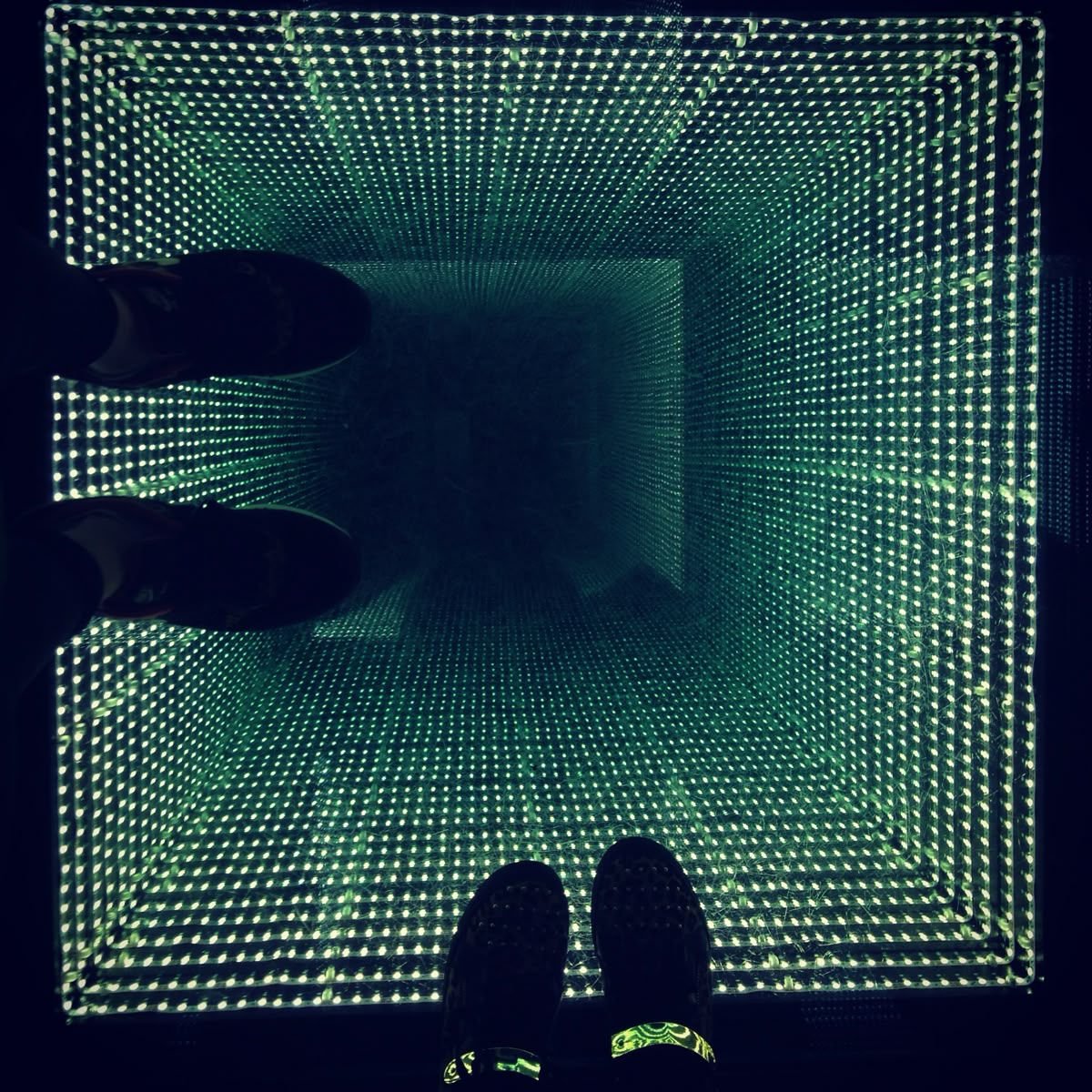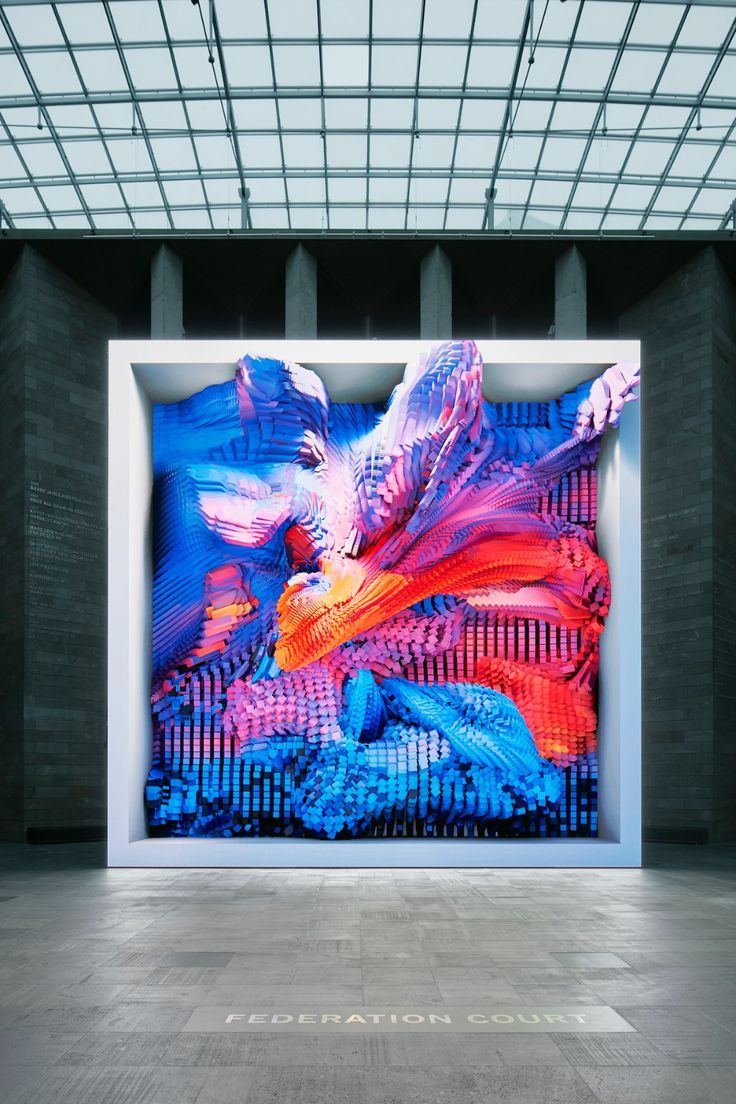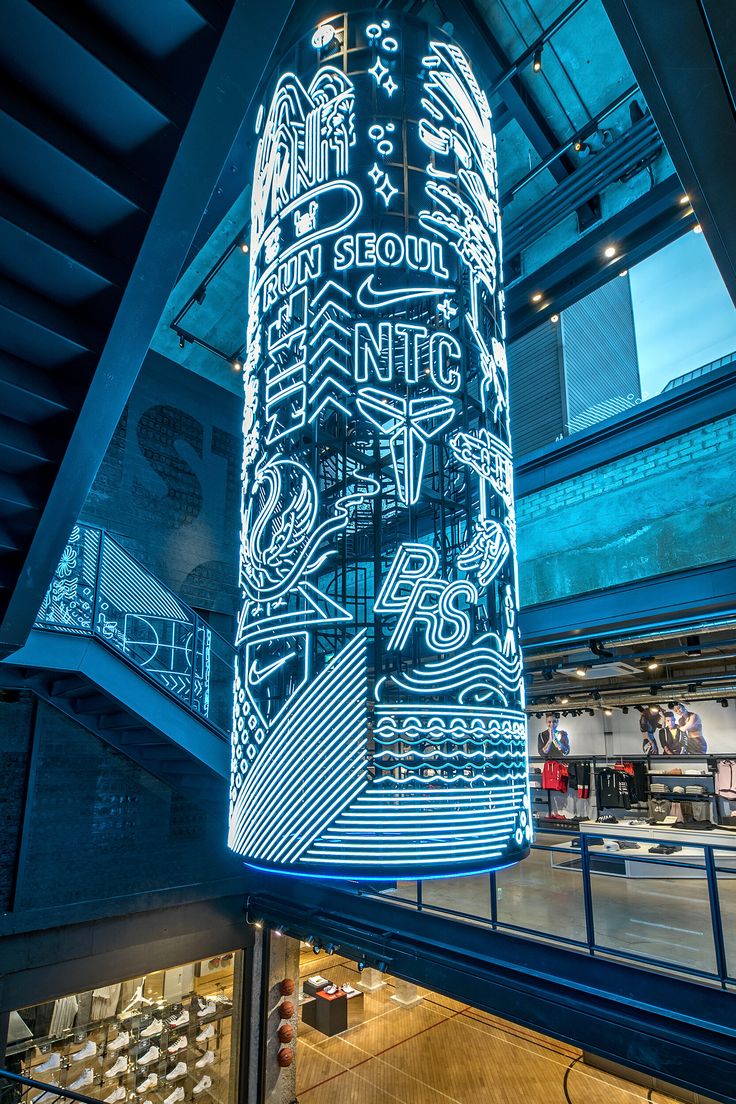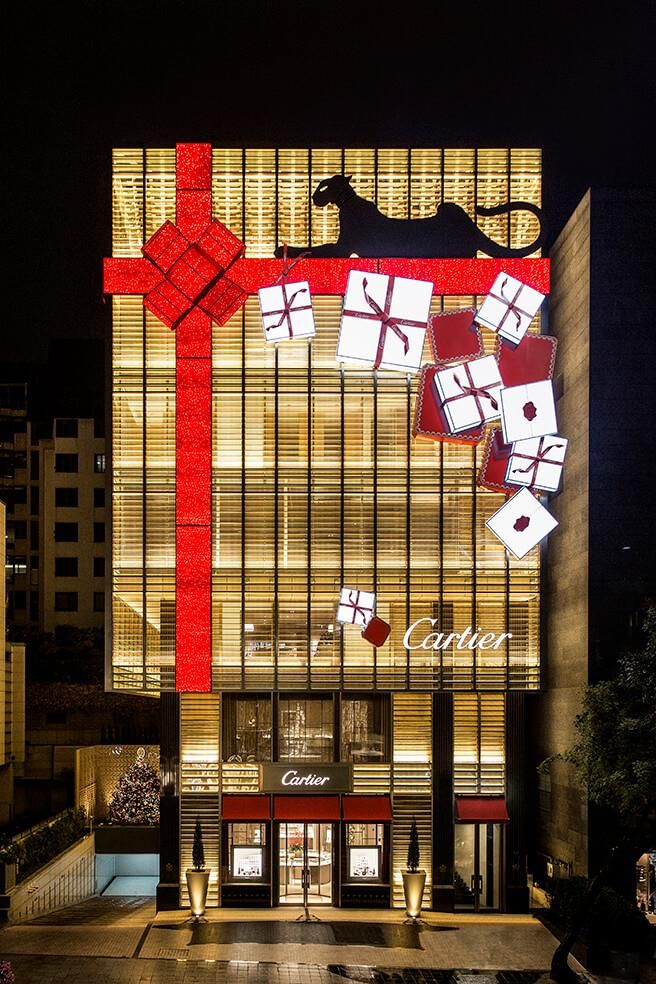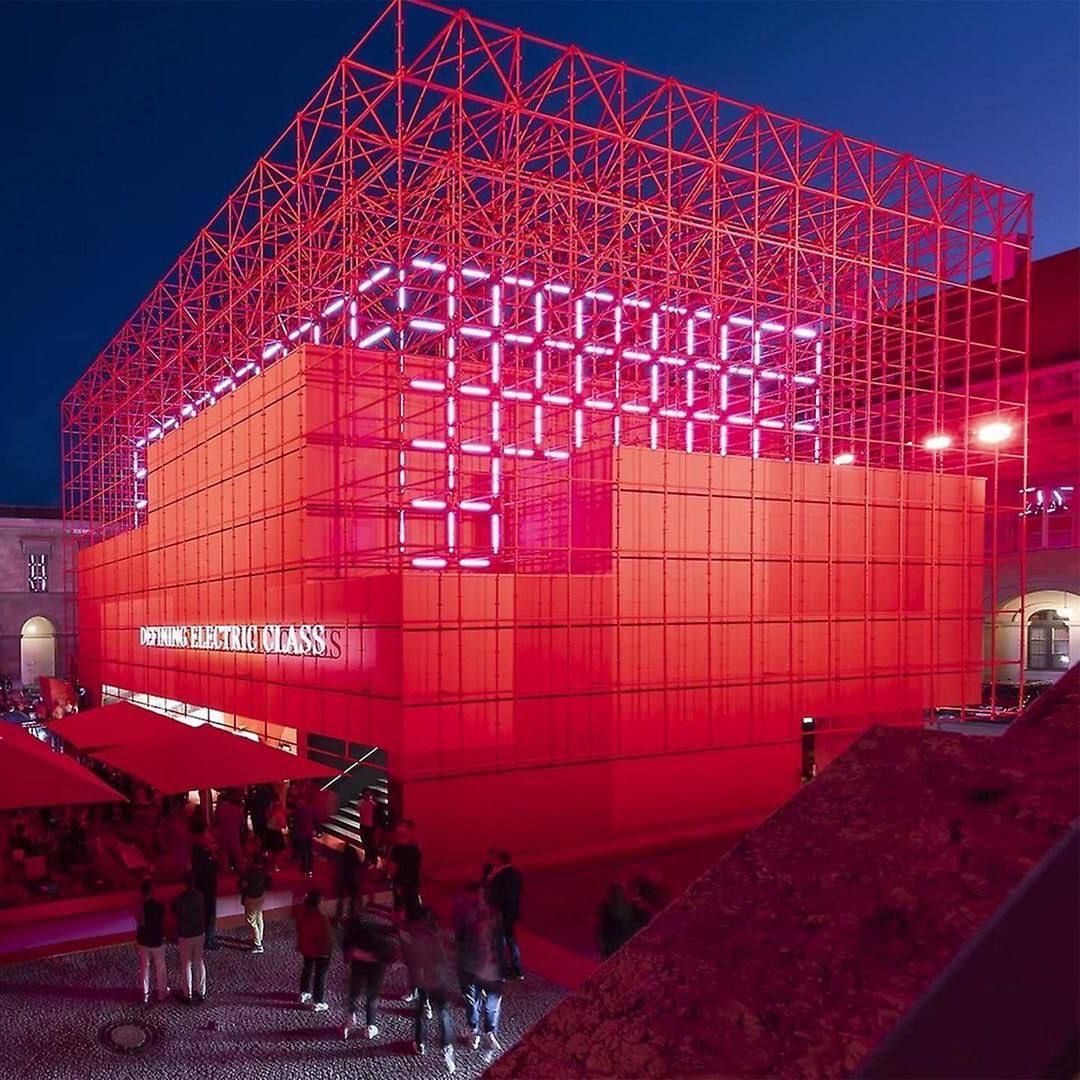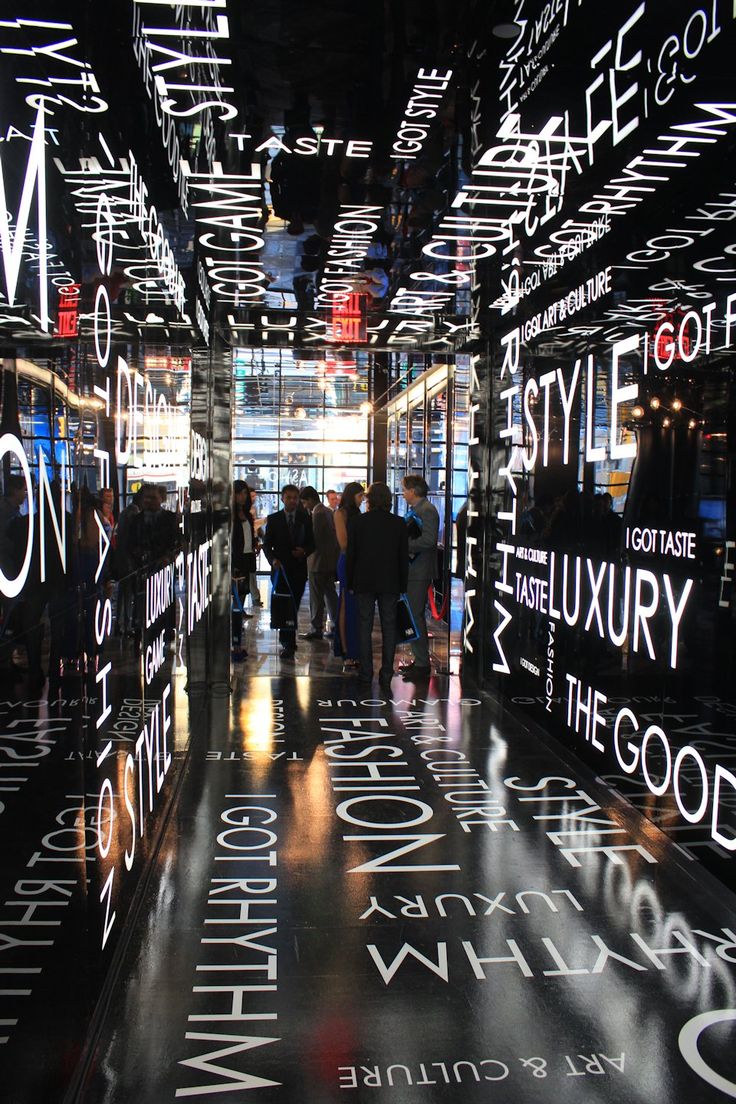In a world where digital screens are everywhere, standing out is more than a creative choice—it’s a business need. Enter the custom glass screen advertising unit: a sleek, high-impact solution that blends digital content with physical transparency to deliver marketing that’s both modern and immersive.
You’ve probably seen them without realizing—glowing quietly behind the glass of a luxury store, built into boutique displays, or even integrated into a showroom’s architecture. These aren’t off-the-shelf screens slapped onto a window. They’re purpose-built, often custom-sized transparent LED displays, tailored to fit unique spaces and brand stories.
So, why are more brands turning to custom solutions—and when does it make sense to ditch the standard digital signage setup?

Let’s take a closer look.
What Is a Custom Glass Screen Advertising Unit?
At its core, it’s a transparent LED screen or OLED panel designed specifically for your space—usually integrated directly into glass walls, windows, or partitions. Think of it as a screen that doesn’t feel like a screen. When it’s off, it disappears. When it’s on, it transforms a physical surface into a digital experience.
These units are ideal for:
- Retail window advertising displays
- Product showcase cases
- Interactive transparent displays at pop-ups
- Luxury hotel lobbies or showrooms
- Custom-shaped architectural installs
They’re often part of a larger branded environment, blending physical and digital in ways that standard signage just can’t.

Why Go Custom?
There are plenty of great transparent LED display products out there—but sometimes, your space (or your brand) calls for something a little more tailored.
Here’s when going custom really pays off:
1. Non-Standard Sizes or Shapes
You might be working with an arched window, a display case, or a glass wall with structural elements. A custom-size transparent screen lets you match your display exactly to the space—no weird gaps, no awkward overhangs.
2. Architectural Integration
Custom glass screen units can be embedded directly into glass during renovation or build-outs, creating a seamless look. This is especially popular in luxury retail, showrooms, and modern building facades where design cohesion is everything.
3. Branded Experience Design
Need a transparent display booth for a high-end trade fair? Or a multi-screen layout that wraps around a product launch space? With a custom solution, you’re not just getting a screen—you’re getting a canvas that can match your brand’s shape, tone, and environment.

Real-World Examples
- A jewelry brand installs a transparent LED screen behind the display glass, running subtle motion graphics that complement the physical pieces without overwhelming them.
- An automotive showroom integrates a transparent video wall into the front glass facade, looping new model launches and brand stories—all while letting passersby see the cars inside.
- A cosmetics pop-up uses a transparent display showcase where the glass itself plays tutorial content as customers interact with the product.
These aren’t just screens—they’re tools for storytelling.
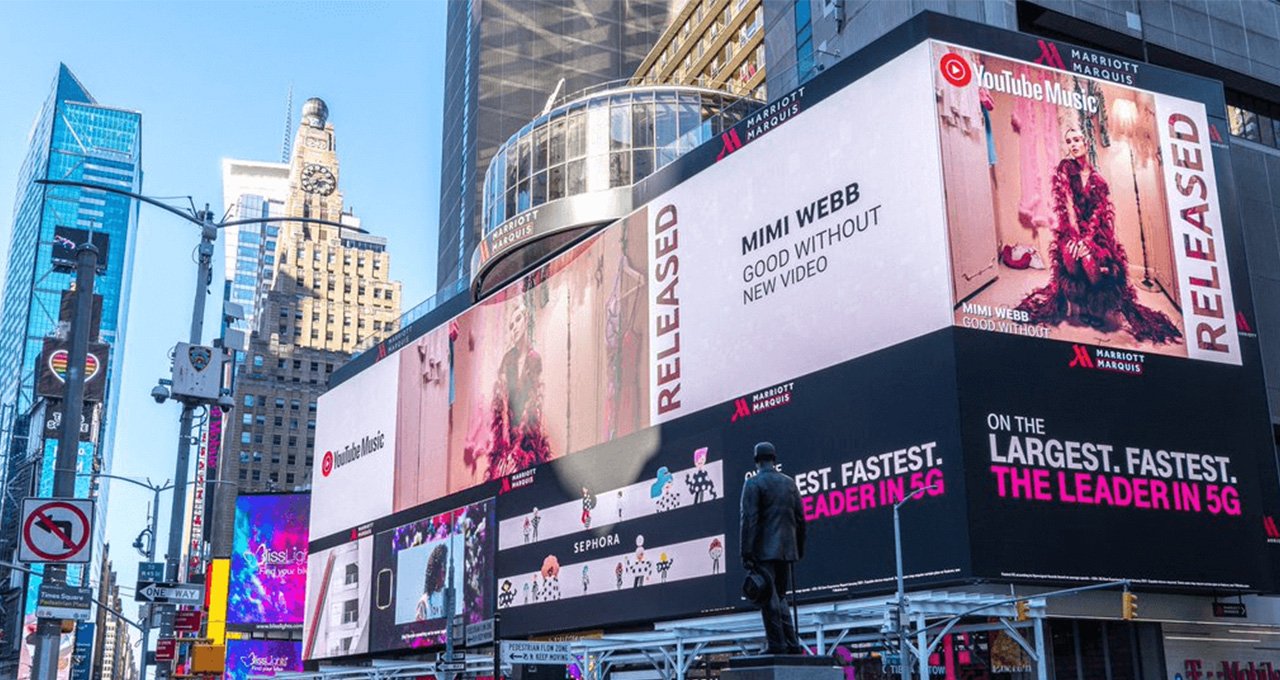
Key Features to Look For
If you’re exploring a custom transparent digital panel, here’s what to look for:
- High Brightness: To ensure visibility in daylight (especially for window screen ads)
- Ultra-thin Design: For seamless glass integration
- CMS Compatibility: So content can be managed remotely and scheduled with ease
- Custom Pixel Pitch: To match viewing distance and screen size
- Modular Design: To scale up or down as needed
- Touch-Enabled Options: If interactivity is a goal
Companies like SeeThruDisplay specialize in solutions that go beyond standard formats, helping brands get the right combination of design, function, and performance—without turning it into a technical nightmare.
When Custom Beats Convenience
Going custom isn’t always necessary—but when it is, it’s because you’re aiming for something more than just another screen on a wall.
If you’re working in:
- Luxury retail
- Museums or brand activations
- Hospitality spaces or corporate lobbies
- Architecturally unique venues
…a custom glass LED screen turns your space into an experience, not just an ad.
And because these screens are designed specifically for their environment, they often feel more integrated and intuitive to the viewer—making your brand feel just a little more premium in the process.

Final Thoughts
Standard digital signage will always have a place—but if you’re looking to make an impression, custom transparent displays are where physical design meets digital innovation.
They’re not just functional—they’re strategic.
Whether you’re crafting a flagship storefront, planning a pop-up for your next product launch, or designing an immersive exhibit, a custom glass screen advertising unit can turn passive space into active engagement.
And if you’re not quite sure where to start? Teams like SeeThruDisplay are out there quietly building some of the most jaw-dropping setups in the business—with the kind of technical understanding that lets creativity lead the way.

